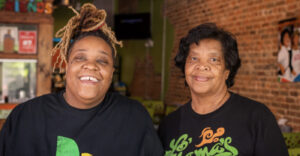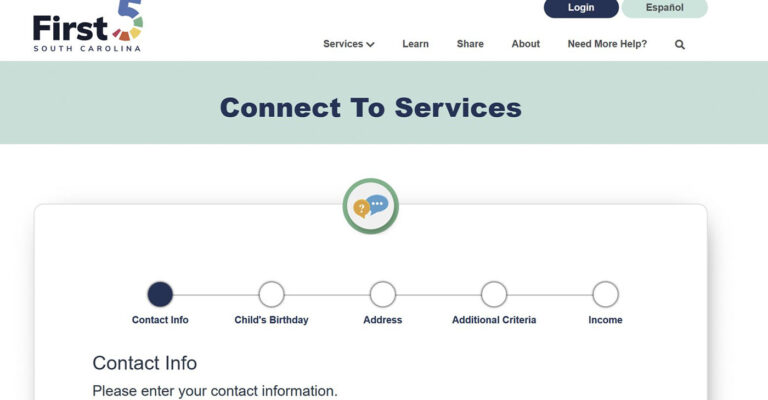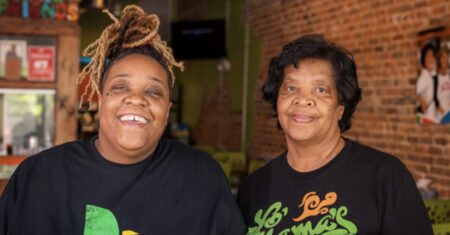By Rachel Anderson, Vice President, Policy Analysis and Impact, Data Quality Campaign (DQC)
If you’ve ever tried to find childcare or a preschool for your child (or know someone who has), you know it’s a full-time job. Where do you even start? What programs are near you? Do they have slots open for your child’s age group? What kind of skills or training do the caregivers have? Does the program accept the payment voucher you may have from your state? Do the program’s hours match your work schedule? Can the program provide occupational therapy or other supports your child might need? Do children leave the program ready to be successful and happy in kindergarten? And is there any way to find the answer to these questions that doesn’t rely on hours of Googling or word of mouth?
We’re so used to this murky mess of a childcare system that it’s hard to believe it could be different. Data about our schools and students should power good outcomes for children and their families, including an education system that works for everyone. To do so, state leaders like governors’ offices and legislators must think about data not just as a tool for their administrative purposes, but also as a service they should provide to people in their state. Fortunately, more and more states have good information on early childhood programs, their availability, price, services, and staff. But that information isn’t made available in the ways that families need it to make decisions.
In most states, families still have to do their research to find a high-quality early childhood service provider, see if that provider has any availability, and then apply separately to each service for which they and their child might be eligible. But states like South Carolina are showing how state governments can safely bring together the secure, aggregate-level data they already have about different early childhood programs and related services to make life easier for families and early childhood caregivers. South Carolina’s First Five SC portal is a “one-stop shop” that allows South Carolina families to learn about and apply for more than 40 public services. Without filling out the same basic forms over and over, families who use the portal can easily find out if they’re eligible for and then enroll in childcare and early education, food and nutrition programs, special needs and early intervention services, parenting and family supports, Medicaid and other health services, and more.
Tools like South Carolina’s portal are making things easier for the parents of young children. But they’re not the only ones who value better data. The Data Quality Campaign’s national poll of early childhood administrators shows that these educators value having access to data, too. Ninety-seven percent of early childhood program administrators say using data has significantly improved their decision-making processes. Poll respondents agreed that using data improves the teaching or care they provide (99%) as well as child outcomes (95%). For too long, data about the experiences and pathways of young children hasn’t been a very helpful tool for families or those who serve them. But this is starting to change —and we can all look to resources like South Carolina’s portal as a place to start.
Rachel Anderson is Vice President, Policy Analysis and Impact at the Data Quality Campaign (DQC), an advocacy organization working to ensure that everyone has the information they need to make education and workforce decisions. See more from DQC at http://www.dataqualitycampaign.org.







